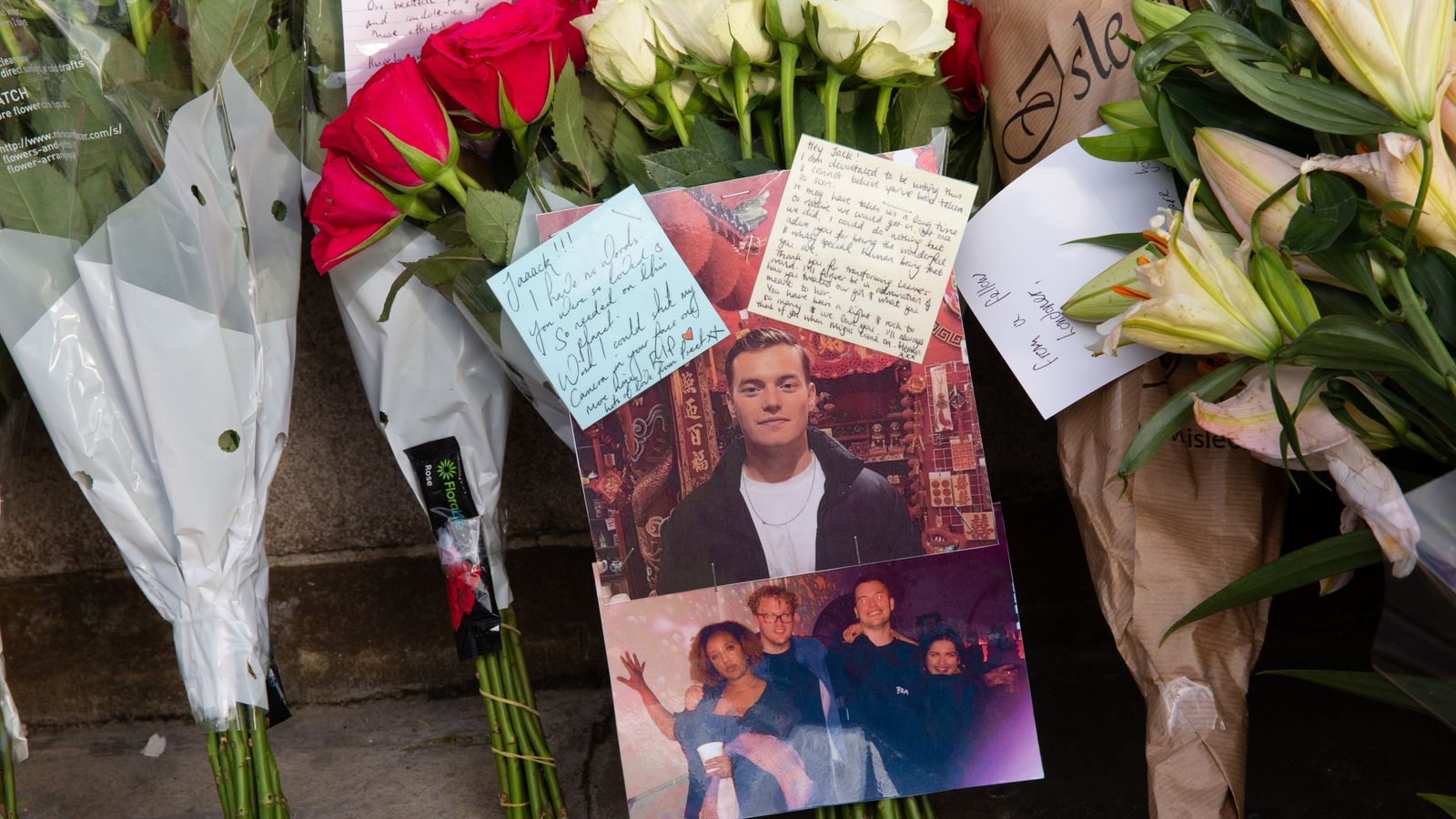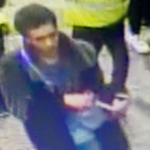The probation officer for the Fishmongers Hall killer tried to get him a job with a heel bar the day before his attack.
Ken Skelton, Usman Khan’s probation officer, told the employer he had undergone a “thorough risk assessment”.
Mr Skelton told the inquest there were “no concerns” about allowing Khan to attend the Cambridge University prisoner rehabilitation project in which he killed two workers.
Khan stabbed and killed Jack Merritt, 25, and Saskia Jones, 23 – workers on the Learning Together project – at a conference at Fishmongers’ Hall on 29 November 2019.
He was wearing a fake suicide vest and was shot dead by armed police on London Bridge 13 minutes after the attack began.
Mr Skelton was introduced to the Timpson Trust, which oversees the employment of former offenders in the company’s stores, by Learning Together.
When they told Amy Ludlow, the co-director of the programme, that they did not employ counter-terrorism offenders, Mr Skelton wrote to recommend Khan.
In the email, dated 28 November, the day before the attack, Mr Skelton wrote: “I have noticed a marked difference in his behaviour, attitude and future outlook since 2016 which coincided with his engagement with Learning Together.
“He would prove a good worker and a positive addition to any organisation if they were able to offer him an opportunity.
“It is worthy of note that Mr Khan was a young 18-year-old when he became involved in the offence. He was imprisoned in 2012 and released on December 24 2018.”
In fact Khan had been arrested in December 2010, and had served half of a 16 year sentence before he was compulsorily released as a “high risk” Category A offender, straight into the community.
In prison he had been involved in assaults on fellow prisoners and led a Muslim gang accused of enforced conversions.
His probation officer added: “Mr Khan has undergone a comprehensive risk assessment and myself and other agencies feel it is appropriate for him to undertake this type of employment if offered and would expect him to make a positive impact.
“He is a good communicator and engages well with others.”
Mr Skelton told the inquest: “We need to try and balance the negative against the positives and it is very difficult to do that in this line of work.
“There were negatives yes but from when Usman Khan came out in December there had been improvements.
“There was no evidence whatsoever of behaviour paralleling, that he was reverting to his old ways.”
In a visit to Khan in his rented flat on 5 November, two weeks before the attack, Khan had given a version of how he came to set up a terrorist training camp in Pakistan.
He told Mr Skelton: “At no point was this due to religion but more to do with the injustices in other countries.”
The report said that “he stated that when he entered custody he was taken aback by the attitudes of some who were extreme and used religion to justify their behaviour”.
“He says that he is pleased with how things have turned out but would just like to undertake some kind of employment.”
KEY MEETING
A key meeting was held on 22 August 2019 in which Mr Skelton raised the issue of Khan’s trip to London.
“If I remember rightly there were no concerns raised about his attendance at Fishmongers’ Hall,” Mr Skelton said.
“There was nothing at that point that identified any particular risks in relation to him.”
The risks of the trip were never discussed, Mr Skelton said.
He said: “The whole conversation about him going was about how he was. We had already discussed there were no concerns in general but in terms of the event at Fishmongers’ Hall, there were no particular discussions.
“There were no risks identified in his behaviour. He had been out for nine months and no concerns were raised by any organisation he had worked with.
“This was an event organised with people he was familiar with and people he spoke highly of and because it had an educational side, it was seen as a protective factor.”
Mr Skelton told the inquest: “You are walking down a very, very fine line about what to do and what not to do.
“At this point it was to encourage and work with him in a way that encouraged him to move on.”
The inquest continues.






















